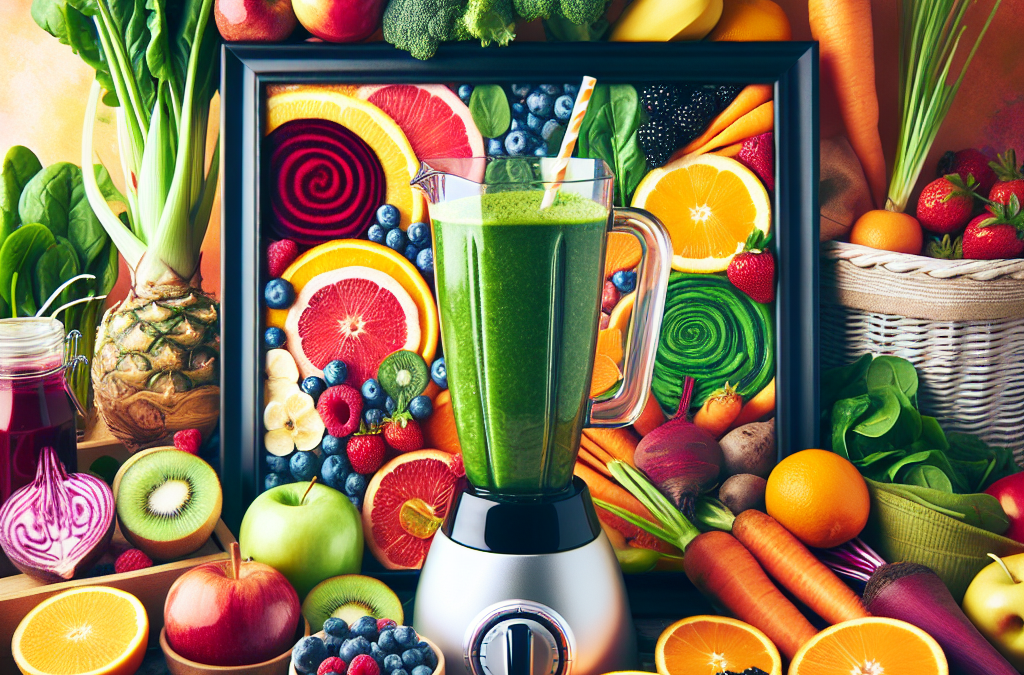Crafting a comprehensive exploration of the benefits of consuming organic live foods as opposed to dead processed foods, it’s pivotal to understand the multifaceted impact of our dietary choices. This narrative not only encapsulates the tangible health benefits associated with organic live foods but also delves into the broader implications for our environment, society, and overall wellbeing.
The Quintessence of Organic Live Foods
Organic live foods are those that are produced without the use of synthetic pesticides, fertilizers, genetically modified organisms (GMOs), antibiotics, and growth hormones. They are called ‘live’ because they are consumed in a state that is as close as possible to their natural form—raw, full of life, and teeming with vital nutrients and enzymes that are essential for our health. Fruits, vegetables, nuts, seeds, and grains can all be part of this category when they are organically grown and minimally processed.
Nutritional Superiority
One of the most compelling arguments for consuming organic live foods is their nutritional superiority. These foods are often richer in essential nutrients—vitamins, minerals, antioxidants, and enzymes—than their processed counterparts. The absence of harmful chemicals in organic farming not only ensures the purity of the food but also contributes to a higher concentration of health-boosting nutrients. Antioxidants, for example, which are vital in fighting off oxidative stress and inflammation in the body, are found in higher quantities in organic fruits and vegetables. This higher nutrient density is not just a claim but has been supported by various studies showing that organic produce can have more beneficial compounds than conventionally grown produce.
Detrimental Effects of Processed Foods
In stark contrast, processed foods, often referred to as ‘dead’ because of their lack of vitality, are typically loaded with synthetic additives, preservatives, and unhealthy fats. These substances can have numerous negative impacts on our health, including increased risks of obesity, heart disease, diabetes, and other chronic conditions. Processed foods are also notorious for their high caloric content but low nutritional value, leading to poor diet quality and nutrient deficiencies. Furthermore, the processing itself can destroy the nutritional content of food, stripping away valuable vitamins and enzymes, leaving behind food that may be convenient but is bereft of life-enhancing properties.
Environmental and Ethical Considerations
The benefits of choosing organic live foods extend far beyond personal health. Organic farming practices are designed to be more sustainable and environmentally friendly. They promote soil health, reduce pollution from runoff, conserve water, and encourage biodiversity. By opting for organic live foods, consumers can play a part in supporting farming practices that are in harmony with nature and contribute to the health of our planet.
Moreover, the ethical considerations cannot be overlooked. Organic farming often places a strong emphasis on the welfare of animals and the fair treatment of workers. Choosing organic sends a message that the consumer values ethical treatment of workers and animals, as well as environmental sustainability.
Taste and Quality
Many advocates of organic live foods also claim these foods are superior in taste and quality. Without the use of chemicals and artificial enhancements, organic foods are said to have a more natural and pronounced flavor. This can transform eating from a mundane task into a more enjoyable and satisfying experience.
The Path to Wellbeing
Incorporating organic live foods into one’s diet is more than just a nutritional choice; it’s a lifestyle decision aimed at enhancing overall wellbeing. It encourages a deeper connection with food, understanding where it comes from, and recognizing its impact on our health and the world around us. Embracing this lifestyle can lead to more mindful eating practices, where food is appreciated for its nourishment, taste, and the effort taken to produce it sustainably.
Challenges and Considerations
While the benefits are substantial, it’s important to acknowledge the challenges. Organic foods can be more expensive and less accessible than conventional foods. However, this challenge can often be mitigated by prioritizing which foods to buy organic, buying in season, or even growing your own.
In Conclusion
The decision to consume organic live foods over dead processed foods is multifaceted, touching on aspects of health, environmental sustainability, ethics, and personal satisfaction. By choosing organic, individuals can nourish their bodies with high-quality nutrients, support sustainable and ethical farming practices, and enjoy the richer, more authentic flavors of food. This choice, while personal, contributes to a larger movement towards a healthier, more sustainable, and ethically conscious society.
Related Content
- Best Organic Plant-Based Snacks in Duo, West Virginia 25984
- Best Organic Immune Support in Wateree South Carolina
- Best Organic Vitamins in Verdugo City California
- The Ultimate Guide to the 10 Best Probiotics for Health in 2025
- Elevate Your Daily Diet with The Best Organic Superfoods For Daily Nutrition: A Path to Enhanced Well-Being





